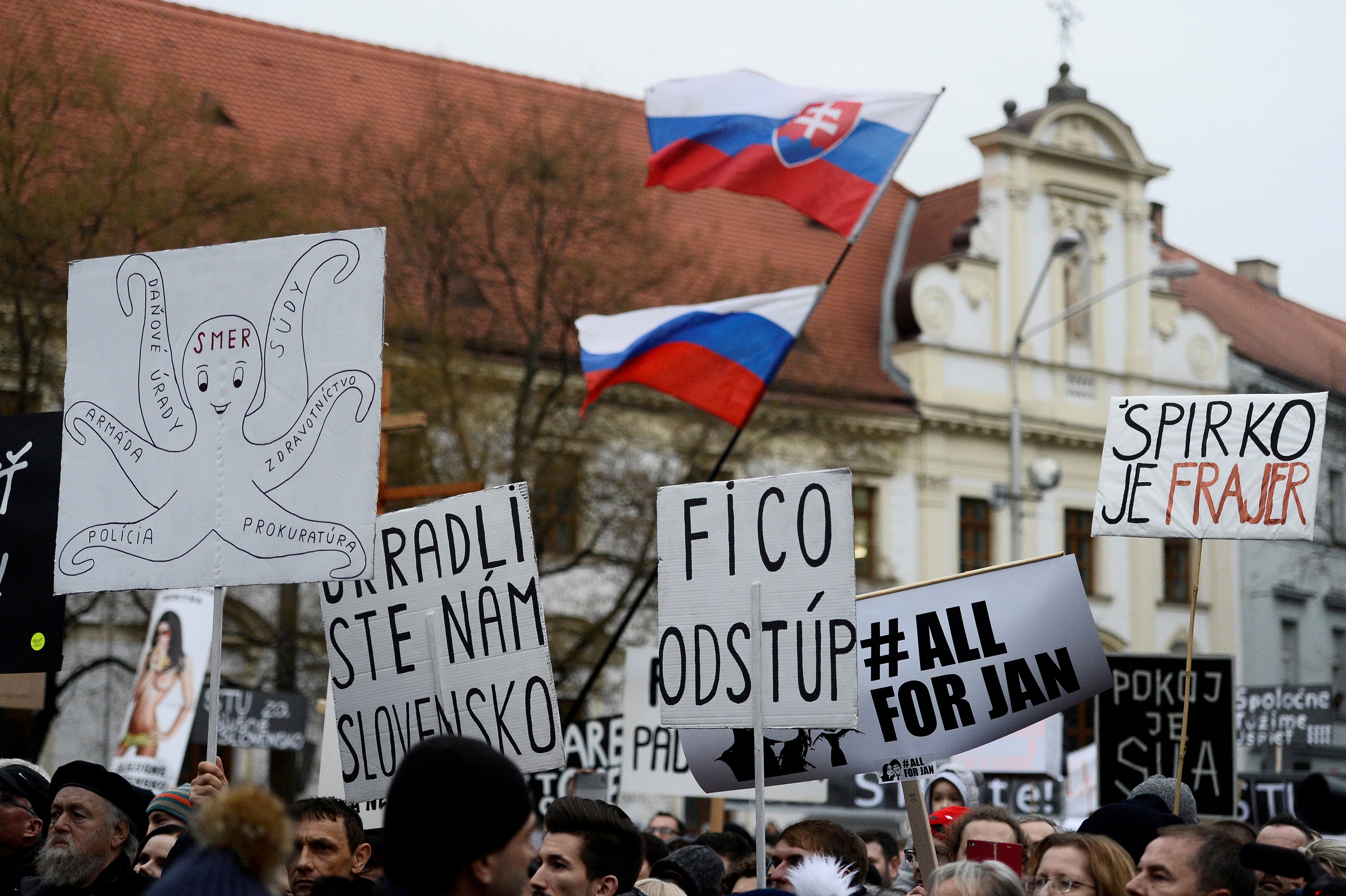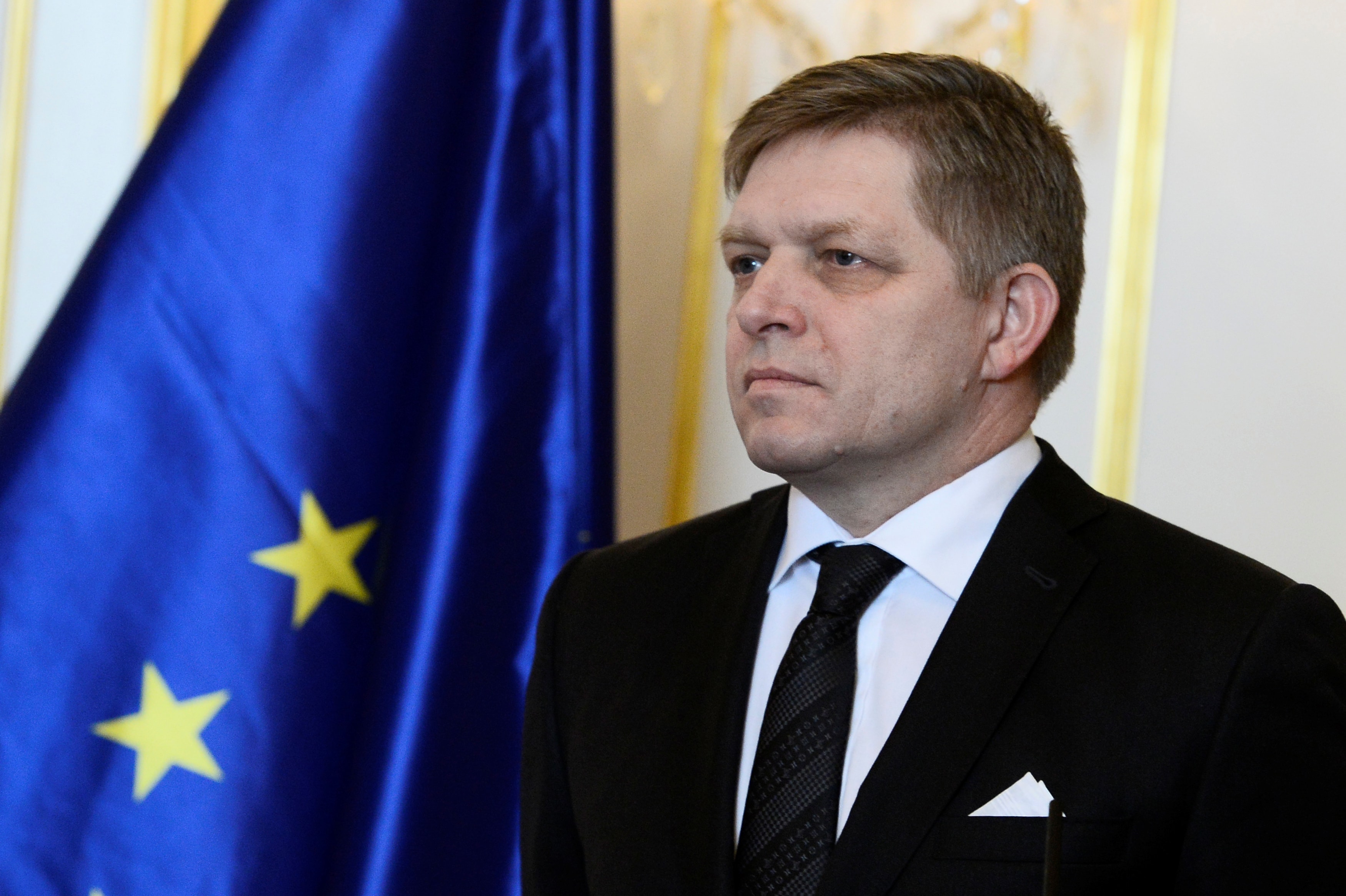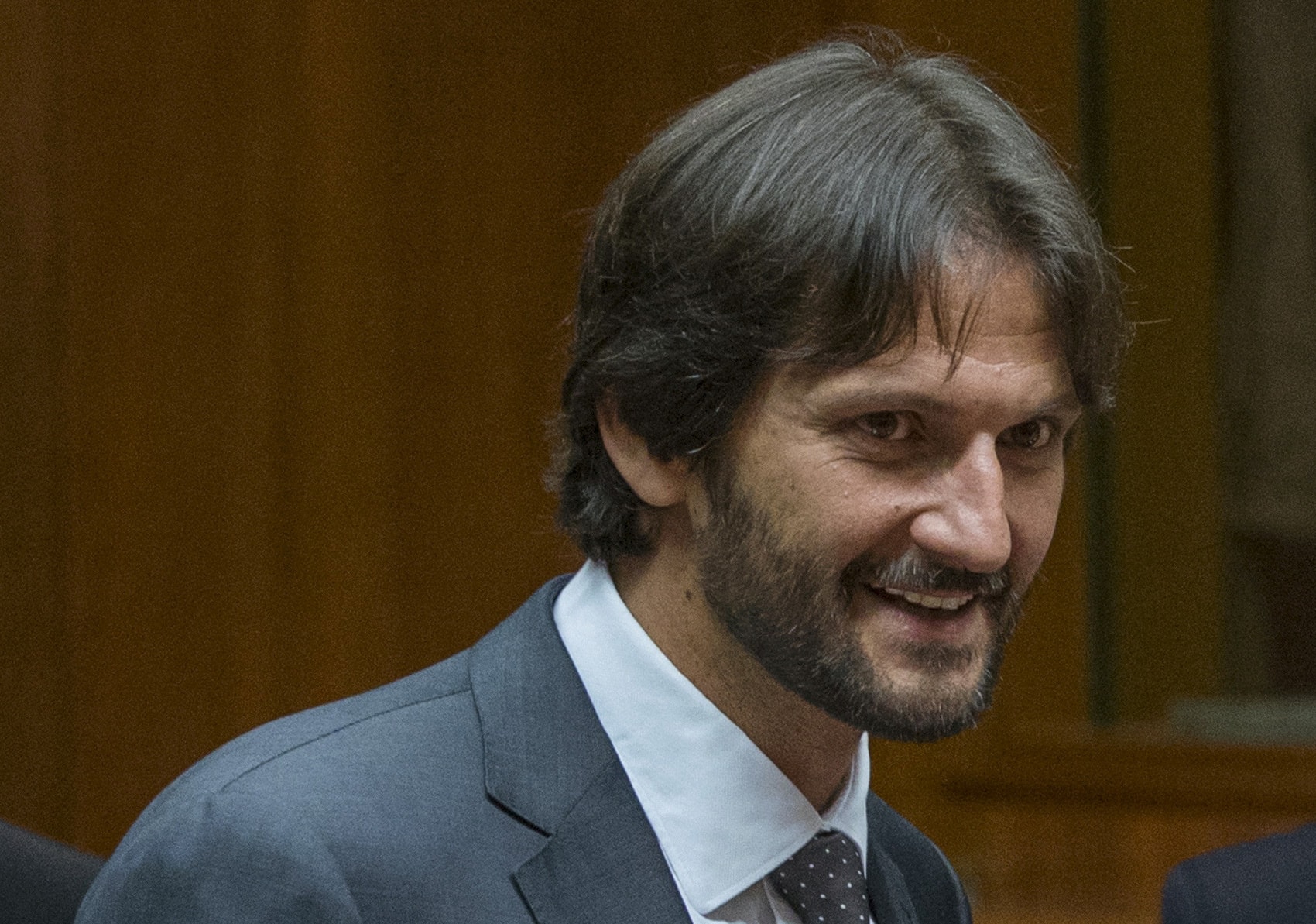After protests, Slovak PM faces tough talks to keep government together
 Demonstrators attend a protest called “Let’s stand for decency in Slovakia” in reaction to the murder of Slovak investigative reporter Jan Kuciak and his fiancee Martina Kusnirova, in Bratislava, Slovakia March 9, 2018. (Photo: Reuters/ File Photo)
Demonstrators attend a protest called “Let’s stand for decency in Slovakia” in reaction to the murder of Slovak investigative reporter Jan Kuciak and his fiancee Martina Kusnirova, in Bratislava, Slovakia March 9, 2018. (Photo: Reuters/ File Photo) Following the biggest street protests in decades, Slovakia’s long-serving Prime Minister Robert Fico faces a deadline to ditch his closest ally or risk breaking apart his coalition government.
The death of investigative reporter Jan Kuciak, who probed fraud cases involving politically-connected businessmen, has stoked public anger over persistent corruption allegations and pushed Fico’s government towards collapse.
In the largest protests since the fall of communism in 1989, an estimated 50,000 people rallied in Bratislava on Friday and thousands more in other cities, demanding the resignation of Fico’s cabinet a thorough investigation of Kuciak’s death.
Fico’s junior partner in government, the Most-Hid (Bridge) group, has demanded Fico dismiss Interior Minister Robert Kalinak, a founding member of Fico’s Smer party, by Monday.
Fico has resisted getting rid of Kalinak but, worried over losing Most-Hid’s support, last week said he was ready to offer solutions to keep their support.

Slovakia’s Prime Minister Robert Fico reacts after a meeting of Slovakia’s three top officials at the Bratislava castle, Bratislava, Slovakia March 9, 2018. (Photo: Reuters)
Without Most-Hid, a centrist group that represents the ethnic Hungarian minority in Slovakia, Fico will have to rule over a minority government but would need to rely on the support of far-right deputies, which some Smer members are against. An early election could follow.
Most-Hid’s leadership will meet today. Deputy Prime Minister and Smer official Peter Pellegrini said on Sunday some changes should be made.
“We should make concessions, changes in government, that would satisfy our coalition partners and help stabilise tensions in society,” he told the public broadcaster RTVS.
Even if Fico dismisses Kalinak, it may not satisfy Most-Hid. Many of its lawmakers were angered last week when Fico began referring to what the party called “conspiracy theories that may threaten talks on government reconstruction”.
In attacks echoing those of Hungarian Prime Minister Viktor Orban, Fico has accused foreign forces of trying to destabilise Slovakia and has questioned the president’s meetings with financier George Soros in New York last year.
Critics say Kalinak, who oversees the police as interior minister, cannot guarantee an independent investigation into the killing of Kuciak and his fiancee in late February.

Slovak Interior Minister Robert Kalinak is seen at the start of a European Union interior and justice ministers emergency meeting on the migrants situation in Brussels September 14, 2015. (Photo: Reuters)
Before he was shot dead, Kuciak had been investigating Italian businessmen in Slovakia with suspected mafia links. One of the Italians that Kuciak wrote about had co-owned firms with two Slovaks who went on to work in Fico’s office.
Both have resigned but deny links to the murder. Their Italian former business partner denies connections to the mafia. No one has been charged in the killings.
In the past, Kuciak had also written about a real-estate developer investigated for tax fraud who had business ties to Kalinak. Both have denied wrongdoing.
Fico’s three-party coalition, also including centrist Slovak National Party (SNS), holds 78 of the 150 seats in parliament.
If Fico can keep the coalition together, it is likely to still face a test as opposition parties are readying a no-confidence motion. They need 76 votes to topple the government, meaning defectors could be costly.
Reuters


